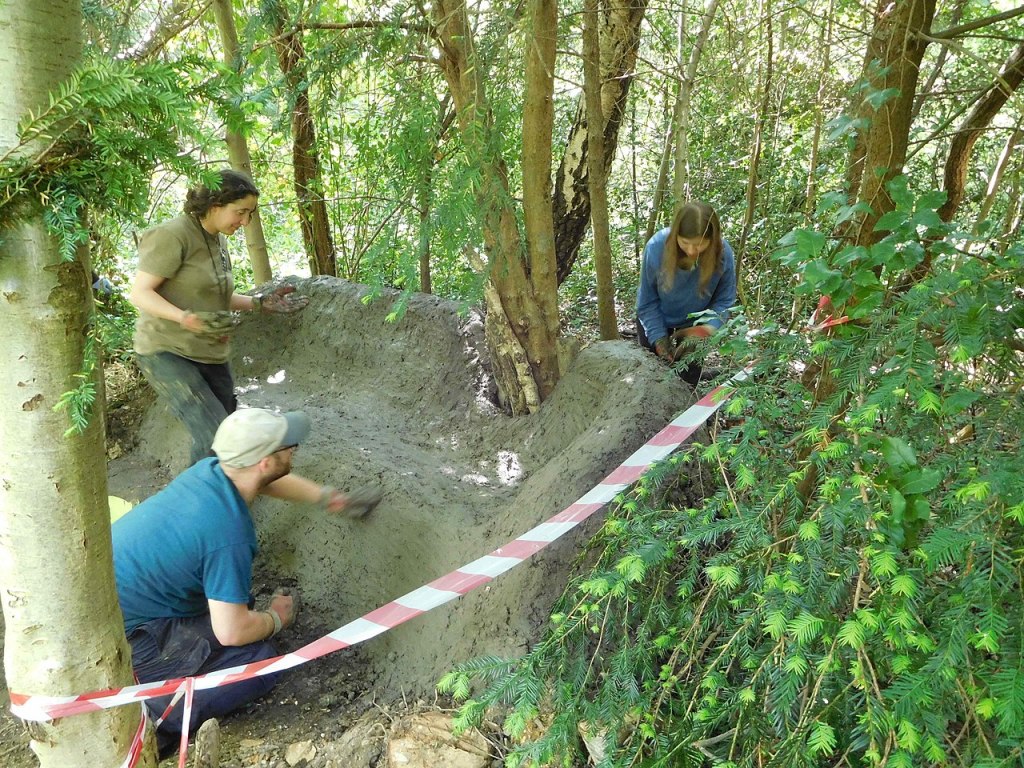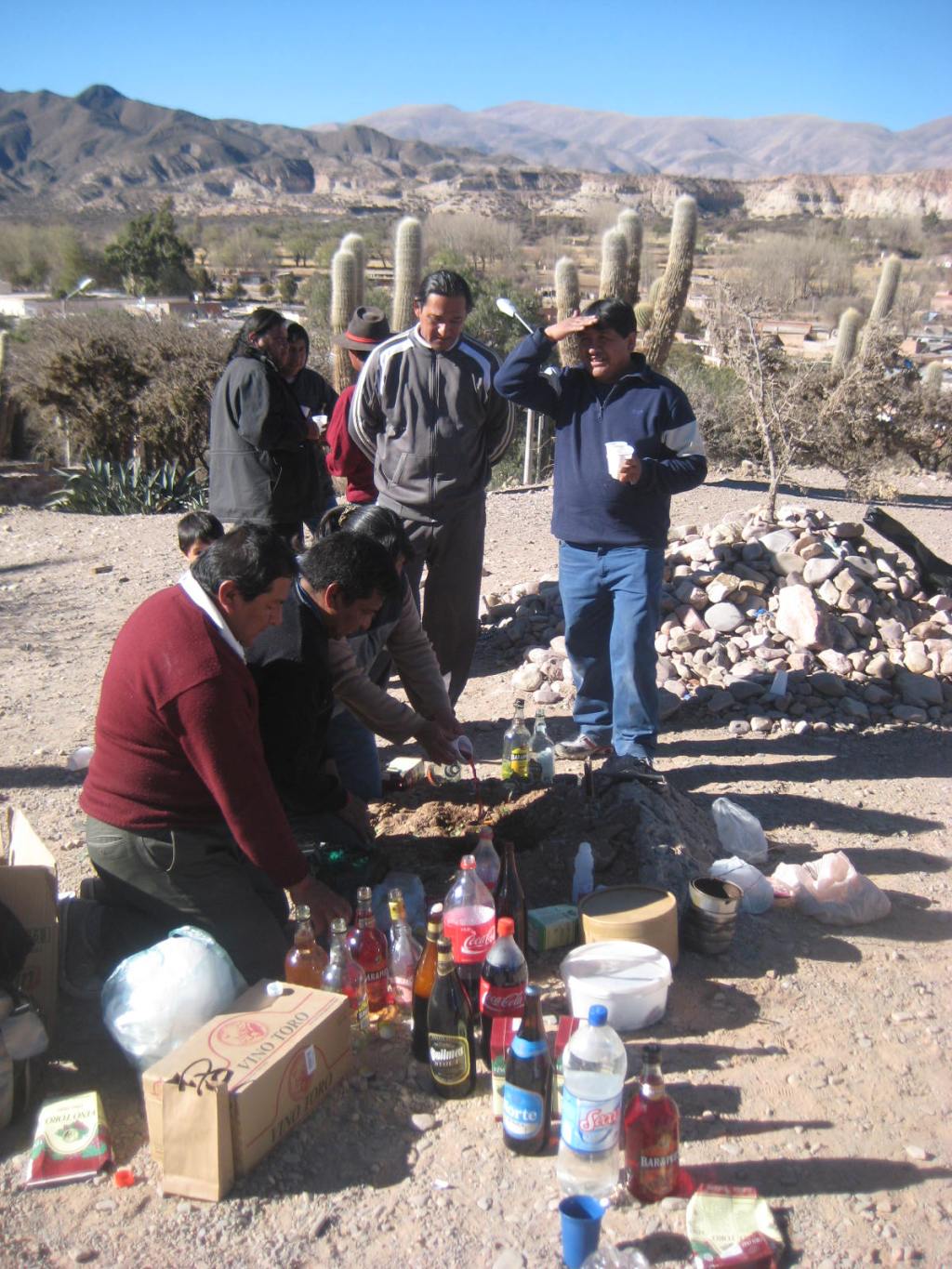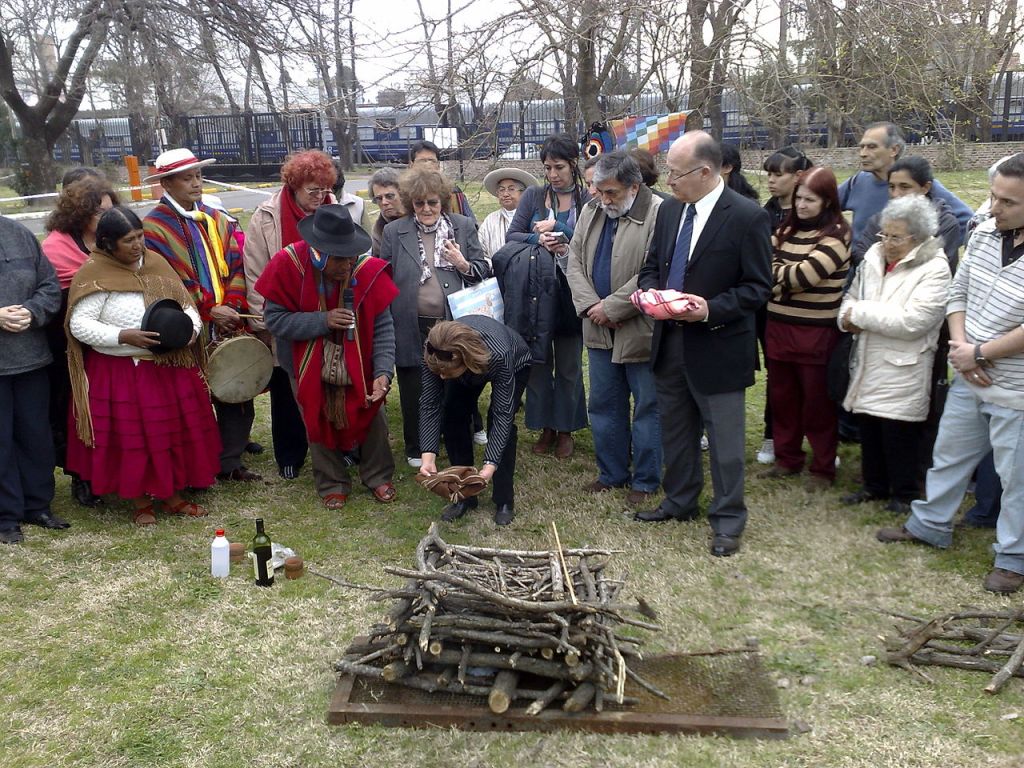The environmental & climate crises are surely the biggest challenges that humanity has ever faced. Using science as a resource, social movements around the world have been organizing to ask different stakeholders to act. But what about Wikipedia? How is the biggest encyclopedia ever helping people interested in environmental issues?
As part of efforts to better document and communicate these issues, in February this year we started the Wikiproject Climate change on the Spanish Wikipedia, and on April, we organized our first event, a week-long edit-a-thon to celebrate Earth Day (19-25 April) in the context of the #WikiForHumanRights global campaign.

It was our first edit-a-thon as a group, and we’re glad to say it was a success! Here are the results in numbers, with more detailed results in the landing page of the event:
- 37 participants
- 189 articles translated
- 18 articles created
- ~170 articles improved
Here we wanted to share some of the lessons learnt with the rest of the Wikipedia community.
What worked
- The topic of Earth Day was sufficiently broad to allow for everyone to find their niche. Are you interested in bugs? Human rights? Economics or politics of climate change and environmental issues? Women scientists? Movies and documentaries? Geography articles? Great! There was then something for you to write about. The topic was ample enough that allowed for the type of strategic interventions that the community is already motivated by (i.e. “I’m an editor that wants to improve content about women on Wikipedia”).
- Our previous work on list building at the Wikiproject saved time (articles in scope and articles that could be translated). This meant that we were able to spend more time prioritizing tasks and topics rather than building lists or doing wikignome activities. That’s how we made the decision of, for example, prioritizing the translation of “climate change in African countries” in the landing page, to further improve the content of South-South countries.
- A simple landing page with a short introduction followed by a long list of concrete tasks helped to keep focus on getting work done. Tasks were divided into “simple” and “advanced” for new and experienced editors (see this old version of the landing page). We also offered help for those who wanted to create articles on “climate change by country” by providing the translated style guide on how to write and structure climate change by country articles.
- Translation really worked. Articles to translate were immediately followed by a link that would open the translator. We developed a simple template to facilitate this task. It allows you to write the name of the article in Spanish and then point people to different languages in which the article is available in. This pre-loads the article automatically in the Content translation tool (you can check how this works in this old version of the landing page).
- Personal invitations brought engaged editors. To spread the news about the event, we left messages in the Talk page of editors that we already had interactions with in environmental/climate change pages or that we knew that had participated in previous events. This proved to be a good strategy: most editors came using this only method. We shared some flyers on social media but our clear audience were already engaged Wikipedia editors.
- Early organization off-wiki was super-efficient. We set up two online meetings between the organizers, and we dumped and developed our ideas, early drafts and tasks lists on a live Google Doc while we talked. It’s amazing to see other experienced Wikipedians work live!

What didn’t
- Build a better list of interested editors. It would have been easier if we already had a list of editors active on climate change/environmental topics that we could massively invite. The process relied entirely on the connections and knowledge of the organizing group. We surely missed engaged editors that could have been interested in participating.
- Next time, we will concentrate all our efforts on-wiki. For example, we didn’t publicize the event much in other on-wiki channels such as the Café.
- Having the edit-a-thon under the banner of a larger campaign didn’t bring significant activity. We were doing this in the context of the #WikiForHumanRights campaign and our event was under that banner. There was not a significant activity coming out from this banner. It seems that the banner needs to take people directly to the landing page of the event to bring editors.
- Metrics are a bit of a pain. At first, we used the Outreach Dashboard for registration and tracking. The Dashboard is useful for having a course-type activity, where students won’t be editing all over Wikipedia. It doesn’t work with experienced editors. At the end we used Eventmetrics. The only problem is that the stats for improved articles end up being severely inflated. To get a more realistic number, we sampled the articles. Over the 4595 articles improved according to Eventmetrics, we removed the articles where bytes were removed or where less than 10 bytes were added. That left us with 1210 articles. Then we picked two randomized samples of 100 articles. In the first sample, only 13 articles were relevant to the edit-a-thon, and in the second sample, 15 were. We estimated that then over the 1210 improved articles around 14% were relevant to the topic of the edit-a-thon, leaving us with around 170 improved articles. Next time we’ll just use the landing page to ask people to register for the event and use Eventmetrics, and follow this sample method for improved articles.
What’s next?
- We want to organize another edit-a-thon starting on August 1, for the Pachamama day. This will also give it a more latin-american based theme and keep a broad range of topics that can fit in as with Earth Day. If you want to join us in this effort, join the participants list on Wikiproyecto:Cambio climático/participantes.
- We would love to develop a “preload” feature to help editors start articles on specific topics, and integrate those to the event landing page via an “inputbox”. The style guide really helped editors that wanted to write “Climate change by country articles”, because it offered a structure that also served as a guidance on what to research about based on what needs to be completed. Just imagine if this could be done automatically on-wiki!
- We could maybe even develop a preload to create edit-a-thons landing pages! If we manage to do a couple more edit-a-thons, then we could dump our knowledge, experience and how-to into a preload that may help others organize their own edit-a-thons.
We want to end this post by giving everyone that participated in the event a huge THANK YOU for being so awesome. It’s always uplifting to see people that are engaged and care so deeply about improving access to knowledge and about the environmental & climate crises!
This post was written in collaboration by Scann, Sophivorus & Cbrescia.

Can you help us translate this article?
In order for this article to reach as many people as possible we would like your help. Can you translate this article to get the message out?
Start translation

